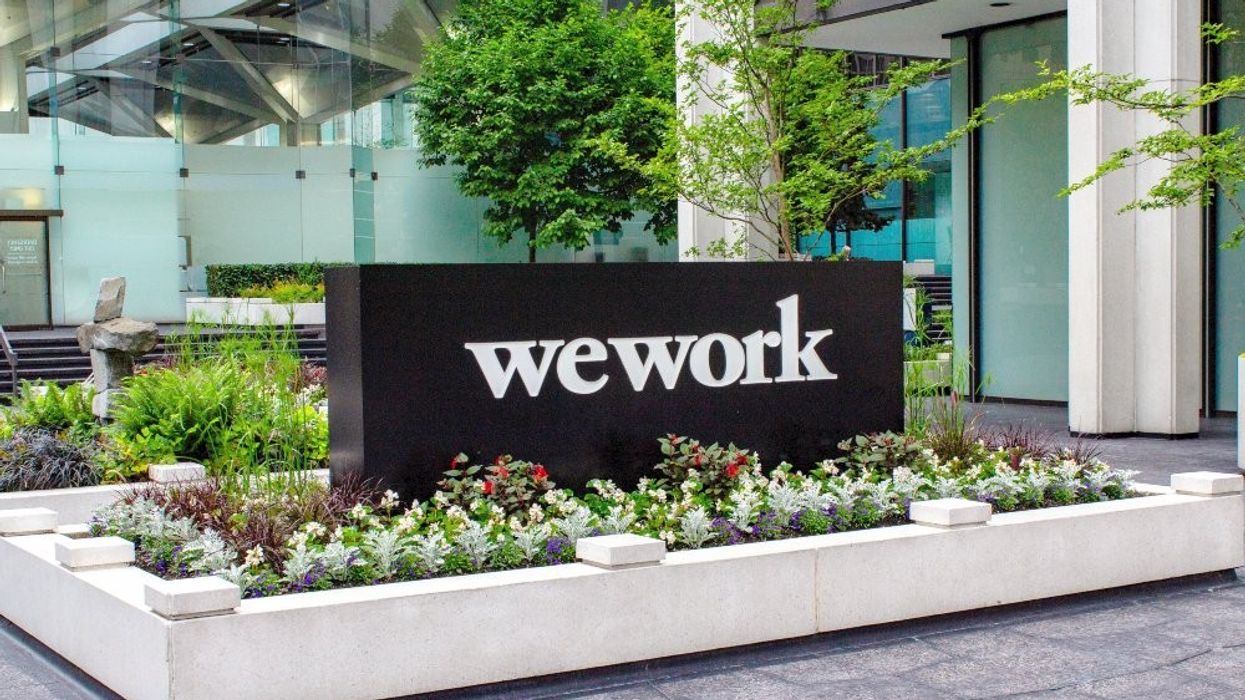In what could very likely be a pivotal moment when we look back years from now, WeWork, the co-working company that became synonymous with the trend, admitted this week that it has doubts about whether it can stay in business.
"As a result of the company’s losses and projected cash needs, combined with increased member churn and current liquidity levels, substantial doubt exists about the company’s ability to continue as a going concern," WeWork said in a financial filing this week.
Under the United States' Securities and Exchange Commission regulations, companies are required to report in their financial filings whether they are a "going concern" — in other words, whether they can meet their financial obligations in order to continue operating — and must do so "when conditions and events, considered in the aggregate, indicate that it is probable that the entity will be unable to meet its obligations as they become due within one year after the date that the financial statements are issued."
According to WeWork, consolidated revenue for Q2 2023 was $844M, which represents a 4% year-over-year increase, while its net loss was $397M, which represents a year-over-year improvement of $238M.
In May, WeWork completed a round of bond exchange as part of its debt restructuring, resulting in $680M in liquidity as of June 30, of which $205M consists of cash, according to the company.
In this week's filing, the company said that its ability to continue as a going concern is "contingent upon successful execution of management's plan to improve liquidity and profitability over the next 12 months."
Potential actions include adjusting lease terms to reduce rent and tenancy costs, increasing revenue by reducing member churn, limiting capital expenditures, and "seeking additional capital via issuance of debt or equity securities or assets sales."
WeWork says that as of June 30, its systemwide real estate portfolio consists of 777 locations across 39 countries, totaling to approximately 906,000 workstations, with an occupancy rate of around 72% (653,000 memberships).
"We are confident in our ability to meet the evolving workplace needs of businesses of all sizes across sectors and geographies, and our long term company vision remains unchanged," said Interim CEO David Tolley. "The company’s transformation continues at pace, with a laser focus on member retention and growth, doubling down on our real estate portfolio optimization efforts, and maintaining a disciplined approach to reducing operating costs."
Tolley stepped in as Interim CEO in May after then-CEO and Chairman Sandeep Mathrani abruptly stepped down to join New York-based private equity firm Sycamore Partners.
WeWork's search for a permanent CEO remains ongoing.
The company was founded by Miguel McKelvey and Adam Neumann, the latter of whom stepped down as CEO in August 2019 after a failed attempt at taking the company public and has since moved on to a new real estate venture called Flow.
- Co-Working Space 'Industrious' Opening First Canadian Location in Toronto ›
- Inside WeWork's Largest Toronto Location at Hudson's Bay (PHOTOS) ›
- Controversial WeWork Co-Founder's New Real Estate Startup Gets $350M Investment ›
- Why Coworking Space Provider IWG Is Opening 13 New Locations In Canada ›
- WeWork Terminates Leases At Five Offices In Toronto, Vancouver ›





















